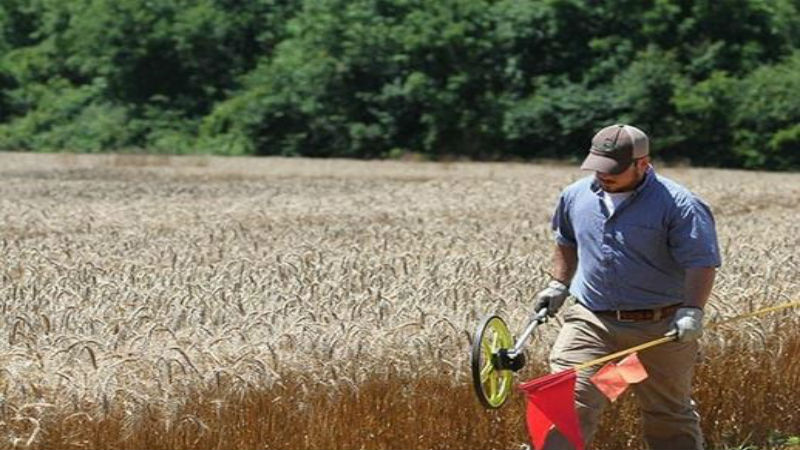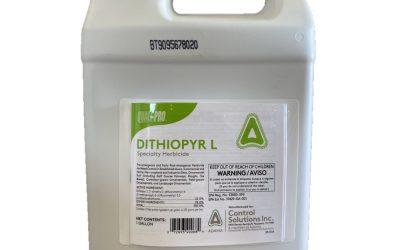Farmers are constantly seeking innovative methods to boost plant growth, which translates to increased profitability through higher yields and healthier crops. While numerous fertilizers cater to these needs, another effective approach involves treating soil with mycorrhizal fungi.
Understanding Mycorrhizal Fungi
Mycorrhizal fungi are symbiotic organisms that require plant roots to survive. When introduced into the soil, these fungi form a mutually beneficial relationship with the plant roots, facilitating nutrient and water uptake.
Benefits of Mycorrhizal Fungi
The advantages of using mycorrhizal fungi include:
Enhanced Plant Health: By improving nutrient and water absorption, mycorrhizal fungi promote robust plant growth and healthier foliage.
Increased Yield: Plants treated with these fungi exhibit higher fruit and flower production, thereby boosting overall yield.
Environmental Resilience: Mycorrhizal fungi help plants cope with environmental stresses such as heat and drought, making them more resilient.
Water Efficiency: They reduce the plant’s water demand, making them particularly valuable in drought-prone regions.
Application Methods
Mycorrhizal fungi are typically available in bagged form and can be applied directly to the soil or mixed with water. Early application ensures maximum plant benefit. While a single seasonal application suffices for some crops, others may benefit from multiple treatments, tailored to specific crop needs and soil conditions.
To learn more about this fungus, visit Groundwork BioAg.









